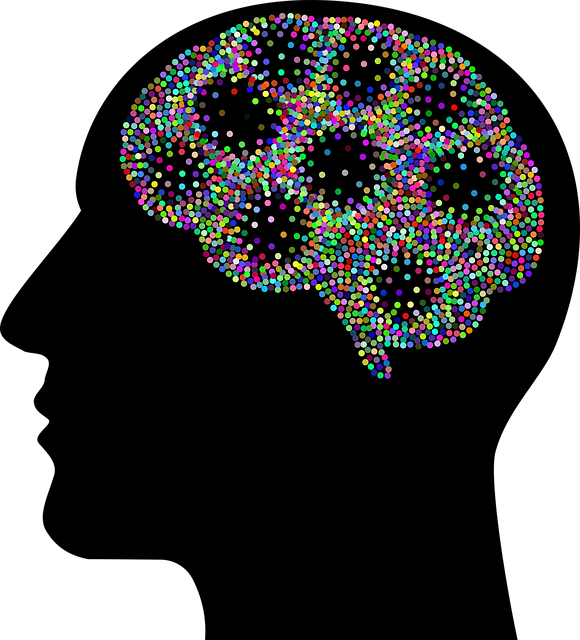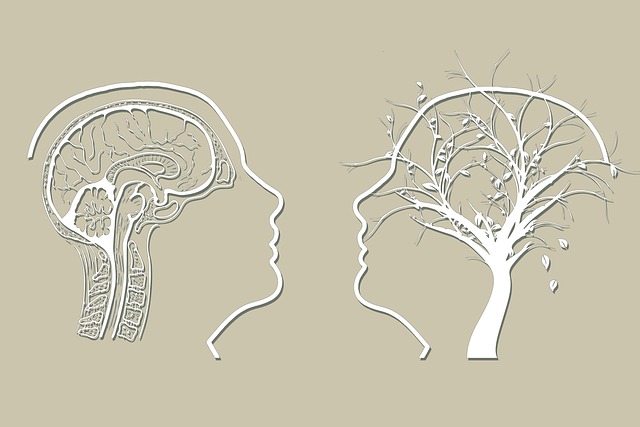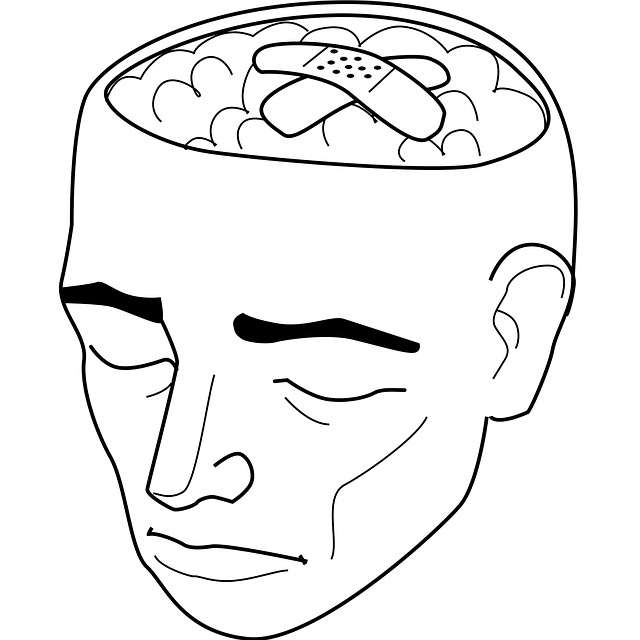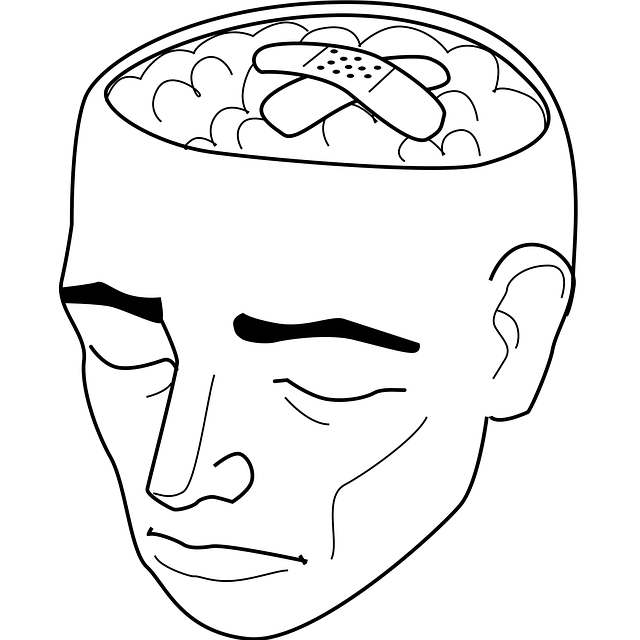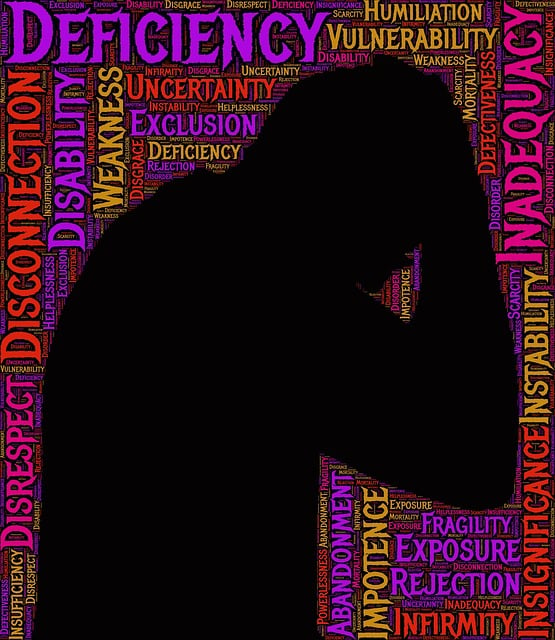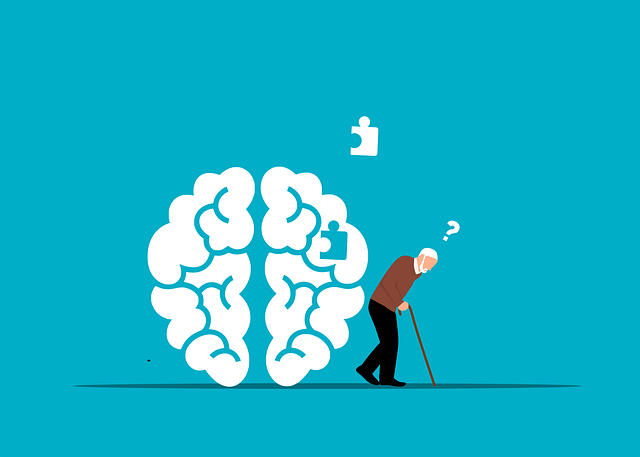Lone Tree Developmental Disability Therapy focuses on teaching personalized coping strategies, combining techniques like mindfulness and cognitive reframing to suit individual needs. By empowering clients to identify triggers and develop tailored responses, therapists build resilience. Positive thinking practices, integrated into sessions, enhance coping abilities, while engaging families and caregiving staff strengthens support networks. Public awareness campaigns, policy analysis, and advocacy expand access to these strategies. Lone Tree Therapy's holistic approach fosters self-reliance, mental wellness, and lifelong self-care habits through tailored therapeutic approaches and accessible resources like their Mental Wellness Podcast Series.
Coping skills are essential tools for navigating life’s challenges, especially for individuals with developmental disabilities. In Lone Tree Developmental Disability Therapy, understanding and cultivating these skills is paramount for fostering self-reliance and overall well-being. This article explores the significance of coping mechanisms in therapy, delving into strategies to identify unique individual needs and teach effective coping techniques. By examining various methods, we aim to enhance clients’ ability to manage stress and adversity, ultimately improving their quality of life.
- Understanding Coping Skills and Their Significance in Therapy
- Identifying Individual Needs: A Crucial Step in Lone Tree Developmental Disability Therapy
- Strategies for Teaching and Enhancing Coping Mechanisms
- Promoting Self-Reliance and Well-Being Through Continuous Practice
Understanding Coping Skills and Their Significance in Therapy

Coping skills are essential strategies that individuals use to navigate and manage their emotional experiences and challenging situations. In the context of Lone Tree Developmental Disability Therapy, understanding coping mechanisms is pivotal for fostering positive mental wellness. These skills enable people to respond adaptively to stress, anxiety, or traumatic events, promoting resilience and overall well-being. Many therapeutic approaches emphasize coping skills development as a fundamental aspect of treatment.
The significance of these skills extends beyond therapy sessions. They empower individuals to independently regulate their emotions, make sense of difficult experiences, and develop healthy strategies for dealing with life’s challenges. For example, Healthcare Provider Cultural Competency Training often includes teaching mindfulness meditation techniques as a coping skill, which has been shown to reduce stress and improve mental clarity. Similarly, Mental Wellness Coaching Programs Development focuses on equipping individuals with tools like problem-solving and positive self-talk to enhance their ability to cope effectively in various settings.
Identifying Individual Needs: A Crucial Step in Lone Tree Developmental Disability Therapy

Identifying Individual Needs is a foundational step in Lone Tree Developmental Disability Therapy. Every individual, regardless of their disability, has unique emotional and psychological needs that must be recognized and addressed for effective therapy. Therapists at Lone Tree take the time to understand each client’s background, experiences, and specific challenges, ensuring tailored interventions aligned with their goals. This personalized approach is vital in fostering trust and engagement, two key elements for successful therapeutic outcomes.
This process involves comprehensive mental health policy analysis and advocacy, where therapists explore not just the surface-level issues but also the underlying factors contributing to emotional distress or developmental delays. By integrating knowledge from Mental Wellness practices, Lone Tree Developmental Disability Therapy navigates each client’s unique landscape, aiming to enhance their coping skills and overall quality of life.
Strategies for Teaching and Enhancing Coping Mechanisms

Teaching effective coping strategies is a key component of Lone Tree Developmental Disability Therapy. This process involves tailoring approaches to individual needs, as every person copes differently. Techniques such as mindfulness practices, cognitive reframing, and relaxation exercises can be powerful tools for managing stress and anxiety. By encouraging clients to identify their unique triggers and develop personalized responses, therapists enable them to navigate challenges with greater resilience.
Incorporating positive thinking techniques into therapy sessions can significantly enhance coping abilities. Encouraging individuals to challenge negative thought patterns and replace them with more constructive ones fosters a sense of control. Moreover, involving family members or caregiving staff in the process through education and shared activities reinforces consistent support networks, which are vital for maintaining mental health. Public Awareness Campaigns Development and Mental Health Policy Analysis and Advocacy play a crucial role in promoting these coping strategies on a larger scale, ensuring better access to resources for those seeking support.
Promoting Self-Reliance and Well-Being Through Continuous Practice

At Lone Tree Developmental Disability Therapy, we recognize that promoting self-reliance and well-being is a journey that requires continuous practice. Through tailored therapeutic approaches, our experts guide individuals in developing coping skills that empower them to navigate life’s challenges with resilience. This process involves regular engagement in activities designed to foster mental wellness, encouraging clients to embrace self-care as a way of life.
Our innovative Mental Wellness Podcast Series Production serves as an extension of this commitment, providing accessible resources and insights into coping skills development. By tuning in, listeners gain practical strategies for enhancing their mental health awareness and cultivating a sense of autonomy. This holistic approach ensures that individuals not only cope with difficulties but also thrive, becoming the architects of their own well-being.
Coping skills development is a pivotal aspect of Lone Tree Developmental Disability Therapy, focusing on empowering individuals to navigate life’s challenges effectively. By understanding and identifying unique needs, therapists can employ tailored strategies to teach and enhance coping mechanisms. Continuous practice fosters self-reliance and overall well-being, ultimately enabling folks to thrive in today’s dynamic world.
